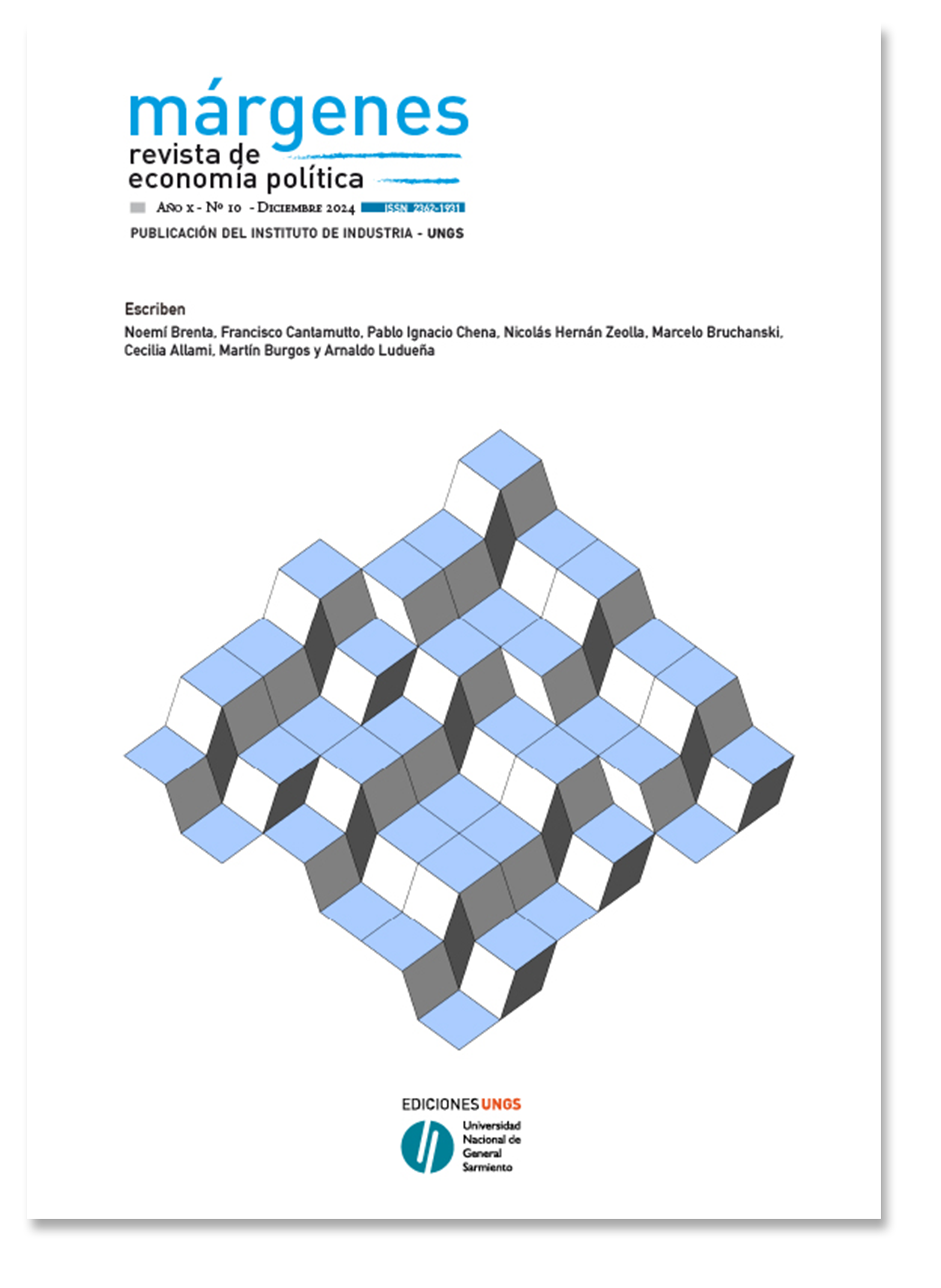Digital Capitalism and Financial Inequality: The Impact of Fintech in Argentina
Keywords:
Fintech, financial inclusion, banking systemAbstract
This paper analyses the transformative impact of digital capitalism and financial technologies (fintech) on the banking sector, money, and credit, with a focus on Argentina. It argues that digital wallets and cryptocurrencies represent a paradigm shift, expanding the traditional banking system into a hybrid "amplified banking system." While fintech promotes financial inclusion—particularly among young, informal workers and populations in smaller cities and peripheral regions—it also reinforces structural inequalities. Empirical data (2019-2023) reveals that savings captured by digital wallets from vulnerable groups flow toward traditional banks, which then redirect credit primarily to formal-sector actors in urban centers. The paper concludes that despite technological innovations, systemic issues persist in Argentina: limited credit access (especially for SMEs), persistent dollarization, and spatial redistribution of wealth from periphery to core. Fintech enables greater payment flexibility and savings options but fails to resolve foundational financial challenges and may exacerbate systemic risks.







